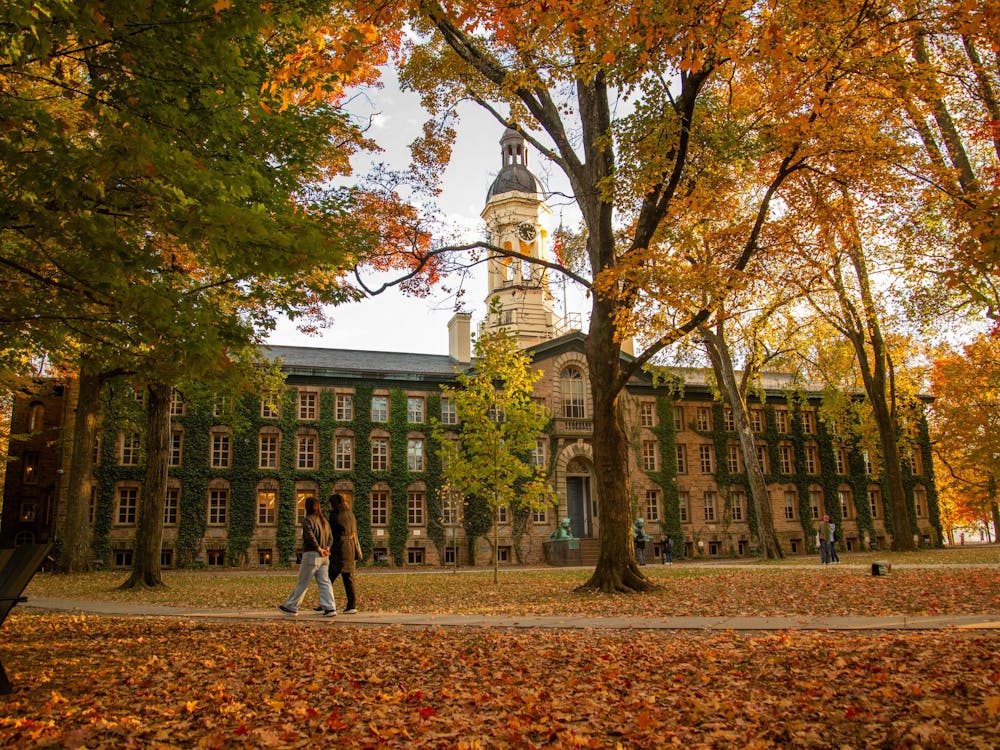In February, the Supreme Court unanimously upheld the constitutionality of the Solomon Amendment, a law that allows the federal government to withhold federal funds from universities that bar military recruiters or ROTC programs from their campuses. Many universities block these programs because they disapprove of the congressionally mandated "don't ask, don't tell" policy that prevents openly gay individuals from serving in the military. As a result, they have barred military recruiters from the same access to students granted to other employers. The law exempts any institution with "a longstanding policy of pacifism based on historical religious affiliation." Thirty-six law schools and faculties challenged the constitutionality of the law on the grounds that "forced hosting" of military recruiters constitutes a "crisis of conscience" over compelled speech. They argued that they are compelled to communicate the false message that they support the "don't ask, don't tell" policy and their hosting also subsidizes the military's expression of its view that openly gay persons are not suited for service.
It is not the Editorial Board's duty to weigh the merits of the plaintiffs' case or the Court's ruling. We are not concerned here with questions of constitutionality. Instead, we must ask whether the Solomon Amendment will harm or further the interests of liberal arts institutions such as Princeton.
While we grant that the "don't ask, don't tell" policy is discriminatory and hinders the opportunity of openly gay individuals from pursuing a career in the military, it is also true that by banning military recruitment and ROTC programs from campuses, the faculties limit students' opportunities. This is especially true with regards to the ROTC. Many students rely upon ROTC scholarships as their only means to fund a private university education. We are forced to judge between the evils of two forms of discrimination — the army's unwillingness to allow openly gay individuals within its ranks versus depriving qualified and deserving students of the opportunity to attend the college of their choice.
Furthermore, it is within the rights of both faculty and students to criticize and condemn legal policy but not to censor. A basic principle of the open society is free and fair discussion. But the prohibition of recruitment on campus demeans this principle by limiting discourse on this controversial issue. The ideological field should be a battlefield. Professors and students who seek to banish military recruitment on college campuses have cravenly retreated from this field. The prevention of legally mandated military recruiters does a disservice both to the students and the mandate of a university that avows to practice and defend free intellectual discourse.







